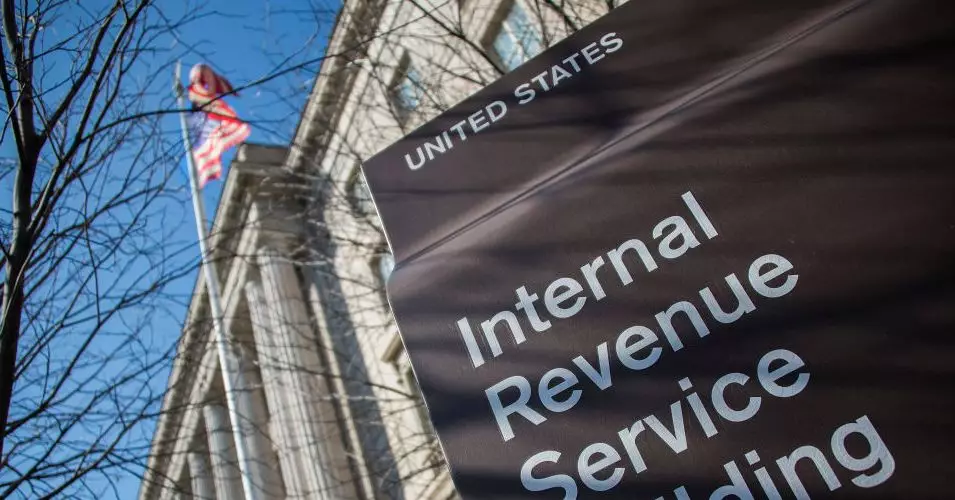The intersection of innovative software and government efficiency has recently taken an intriguing turn, notably marked by a partnership between Palantir Technologies and the newly formed Department of Government Efficiency (DOGE), founded by Elon Musk. This ambitious collaboration aims to develop a “mega API” that would streamline access to Internal Revenue Service (IRS) records—a Herculean task that promises to redefine how data is exchanged within the federal bureaucracy. The implications of such an initiative are vast, touching not only the processes within the IRS but extending to the wider realm of government data management.
The Hackathon Initiative
In a recent event described as a “hackathon,” Palantir representatives joined forces with IRS engineers to initiate the monumental API project. Characterized by unstructured dialogue and brainstorming, this three-day session served as a fertile ground for ideas that could lead to a paradigm shift in how IRS data is accessed. The intent to create a singular API layer over the myriad databases within the IRS emphasizes a drive towards greater efficiency and coherence in governmental operations. By offering a unified interface, the hope is to eliminate silos of information that have long plagued government agencies.
The Role of APIs in Data Exchange
Application Programming Interfaces (APIs) are the unsung heroes of modern software development, facilitating seamless communication between different software applications. With the proposed API for the IRS, the goal is to unlock the potential for real-time access to critical taxpayer data, including names, social security numbers, tax returns, and employment histories. The promise of a centralized system is not merely one of convenience but a potential overhaul of how agencies share information, paving the way for cross-agency data analysis and more informed decision-making.
However, this access also raises profound questions regarding privacy and security. Given the sensitivity of IRS data, ensuring that the system is fortified against misuse or unauthorized access becomes paramount. The balance between efficiency and the ethical handling of personal data will likely be at the forefront of public concern.
Palantir’s Role and Expertise
Palantir has established itself as a significant player in the realm of government technology through lucrative contracts and its flagship products, Foundry and Gotham. Both platforms are known for their capabilities in data organization, app building, and advanced analytics. Foundry, in particular, is positioned to act as the “read center of all IRS systems,” a concept that generates excitement but also anxiety due to its implications for data governance. If executed successfully, Foundry could enable users to harness powerful AI models for rapid data queries, but this necessitates stringent control over who can access sensitive information.
CEO Alex Karp’s remarks about the “disruption” resulting from DOGE’s initiatives highlight a broader vision that seeks not just to modernize governmental functions but to redefine them entirely. With former Palantir employees occupying crucial positions within DOGE, the continuity of vision and expertise is likely to propel this project forward.
Implications for the Future
The implications of this API initiative could extend beyond mere efficiency; it could pave the way for a new era in transparency and accountability within the IRS. By making data more accessible, the potential exists for enhanced public oversight, ideally resulting in increased trust in governmental institutions. However, the reality remains that such power requires responsible management. Unchecked access could lead to breaches of personal information—a risk that cannot be understated in our increasingly digital age.
Furthermore, should this API become functional within the anticipated 30-day timeline proposed by the engineers involved, it could dynamic reshape the landscape of governmental data strategies. The potential to compare IRS information with datasets from other agencies may reveal efficiencies and insights previously unattainable, although it necessitates careful consideration on how to integrate and protect this information.
Through an amalgamation of advanced technology, innovative thinking, and an urgent desire for reform, the DOGE-Palantir partnership signifies a bold step towards a more streamlined, efficient, and potentially more accountable government data framework. With high stakes and high hopes, the coming months will reveal whether this project can indeed transform bureaucratic processes as envisioned.

